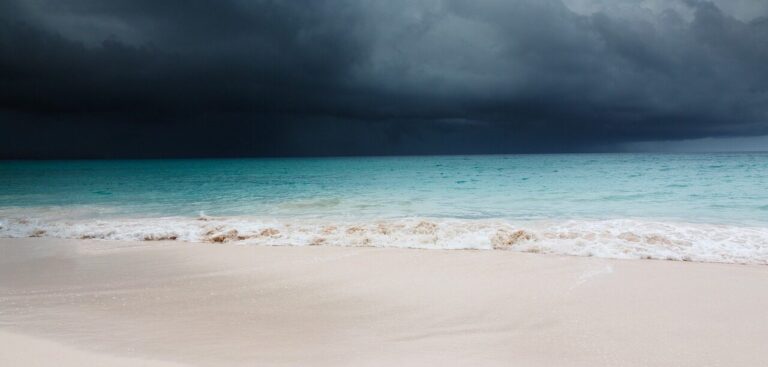Bridgetown, Barbados, hosted the first regional launch of the United Nations’ Early Warnings for All initiative (EW4ALL), which aims to ensure that every person on Earth is covered by an early warning system by 2027.
The ‘Regional Launch of the Early Warnings for All Initiative (EW4ALL) for the Caribbean’ event aims to drive coordinated political action toward strengthening multi-hazard early warning systems for hazards such as hurricanes, tropical storms, tsunamis, volcanoes, floods, landslides and epidemics, among others.
Leaders are expected to emphasize the importance of strengthening and coordinating early warning initiatives in the region as well as the need for joint leadership in the Caribbean to achieve coverage for all, especially for the most vulnerable.
They will also outline practical measures to ensure that EW4ALL is incorporated in disaster risk management strategies and to highlight the impact of various endeavors in the region, including the UN-backed Climate Risk Early Warning Systems (CREWS) Caribbean Initiative and the Regional Early Warning System Consortium which is chaired by the Caribbean Disaster Emergency Management Agency (CDEMA).
Elizabeth Riley, executive director of CDEMA, said, “Enhancing early warning systems in the Caribbean is a long-standing priority for CDEMA and much progress has been made. However, in the context of the complex hazards faced by the region and the growing impact of climate change, much more is needed. The EW4ALL initiative offers us an opportunity to strengthen cooperation around investment in multi-hazard early warning systems to ensure the safety of the people of the Caribbean.”
In November 2022, at COP27 in Sharm el-Sheikh, Egypt, António Guterres, UN secretary-general, launched the executive action plan for the implementation of the EW4ALL initiative. He asked the World Meteorological Organization (WMO) and UNDRR to co-lead its implementation.
Prof. Petteri Taalas, secretary-general, WMO, said, “The number of weather-related disasters around the world has risen fivefold over the past 50 years, yet not all countries in the Caribbean have end-to-end early warning systems. The EW4ALL initiative aims to ensure everyone receives such protection by 2027.”
Mami Mizutori, special representative of the UN secretary-general for Disaster Risk Reduction and the head of UNDRR, added, “Launching EW4ALL in the Caribbean is a critical first step toward coalescing the national, regional and global cooperation needed to ensure everyone on Earth, especially the most vulnerable populations, are protected by multi-hazard early warning systems.”
According to a report released by the UNDRR and the WMO last year, less than half of the countries around the world are not protected by multi-hazard early warning systems. Less than half of the least developed countries and only one-third of small island developing states (SIDS) have a multi-hazard early warning system. This is despite the role of early warning systems in reducing disaster mortality by a factor of eight.
Early warning systems are among the most proven, cost-effective climate adaptation measures, that not only save lives but can also reduce economic losses in the wake of climate disasters. The Global Commission on Adaptation reported in 2019 that just 24 hours’ notice of an impending hazardous event can cut the ensuing damage by 30%.
Two years ago, 2021 became the Caribbean’s fourth costliest hurricane season on record, with 21 named storms, including seven hurricanes. Moreover, only 30% of the 19 participating states and territories of CDEMA have established roadmaps for multi-hazard early warning systems.



